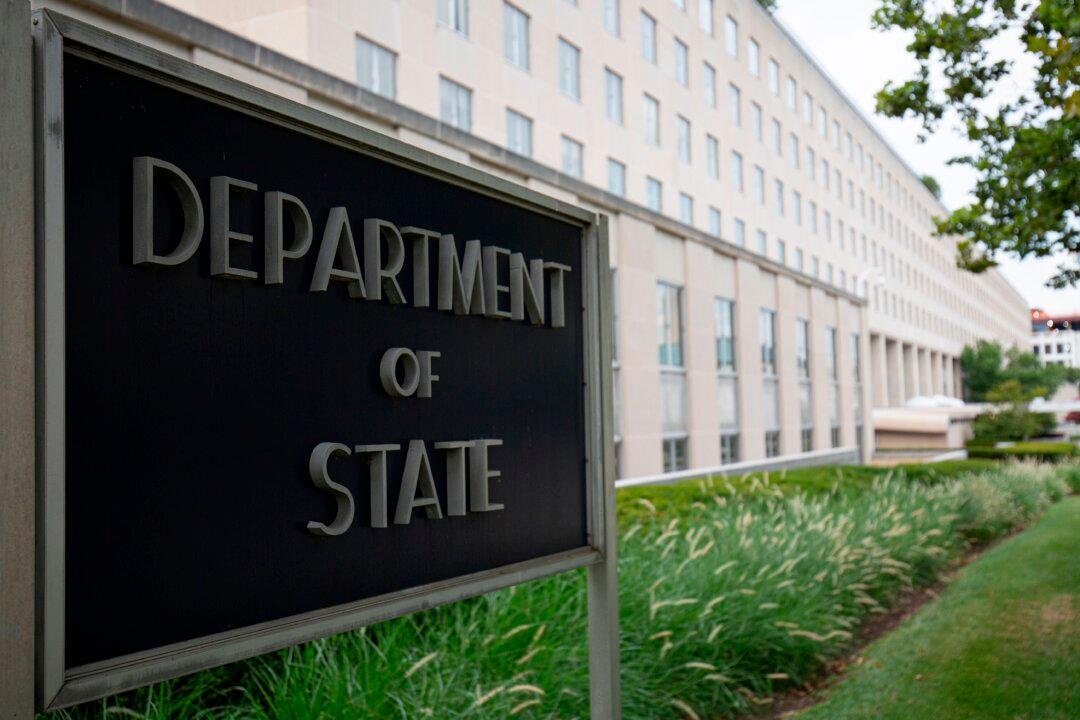A State Department officer has filed a lawsuit against the department over what he alleges was retaliation and disability discrimination after he reported experiencing in China a series of symptoms he says is the mysterious “Havana Syndrome.”
The federal suit from Mark Lenzi, who worked as a security engineering officer under the Diplomatic Security Service (DSS) within the State Department, is the first known suit against the U.S. government over the unusual condition first reported in 2016 by diplomatic and intelligence personnel in Cuba.




